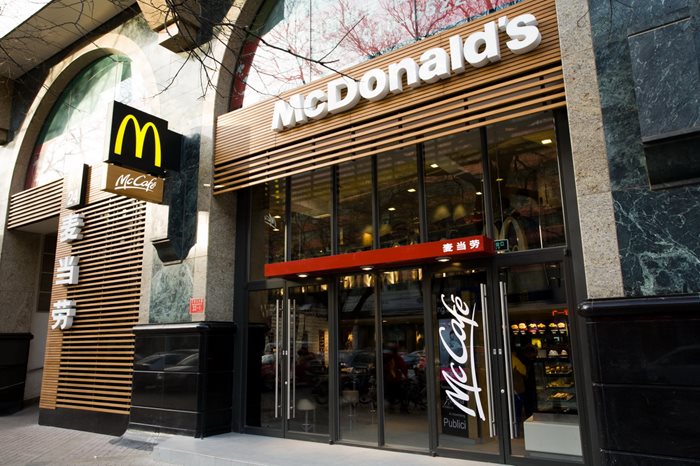US fast food chain becomes latest major coffee operator to highlight sustainability initiatives as climate change and farmer profitability rise to prominence in global coffee industry

In a press statement, McDonald's revealed 84% of McCafé coffee in the US and 54% globally is ‘sustainably’ sourced. Acknowledging that climate change has the potential to halve the world’s coffee growing area by 2050, the fast food chain declared it was ‘on track’ to sustainably source 100% of its coffee by 2020.
Much like Starbucks’ C.A.F.E. Practices in-house sustainability accreditation, McDonald's has developed its own Sustainability Improvement Platform (SIP) to measure its progress. Established in 2016, the platform is run in partnership with non-profits Conservation International, Solidaridad, COSA, and Fair Trade, and aims to assist coffee farmers through financial support and land management, in addition to reducing its own carbon emissions.
“We know many people enjoy coffee as part of their daily routine, and, at McDonald’s, we are taking meaningful steps to support farmers protecting it from climate change,” said Townsend Bailey, McDonald's US Director of Supply Chain Sustainability.
The McCafé concept was founded in Melbourne, Australia, in 1993, and is now available in some 15,000 locations globally. Selling upwards of 500 million cups of coffee every day in the US alone, the fast food chain has become a major force in the global coffee shop industry. McDonald’s efforts to improve sustainability across its vast global coffee supply chains will likely be welcomed by conservationists and climate scientists, but the US chain still has some way to go in achieving its 2020 goal. Starbucks, by comparison, has sustainably sourced 99% of its coffee since 2015.
Sustainability and farmer profitability have become major issues for the coffee industry in 2018. Record low commodity prices continue to drive many coffee farmers to the brink, while rising temperatures have the potential to devastate many coffee harvests, through decreased yields and diseases such as leaf rust, in the next 50 years.
McDonald’s joins a growing movement among large branded coffee shop operators addressing the existential threat to coffee production posed by climate change. In September 2018, Starbucks took the unprecedented step of committing $20m to supplement the income of its struggling suppliers across Nicaragua, Guatemala, Mexico and El Salvador. Shortly after, Dunkin’ Donuts announced a five-year agreement with World Coffee Research (WCR) to contribute around $2m in coffee sales to the non-profit’s sustainability efforts.